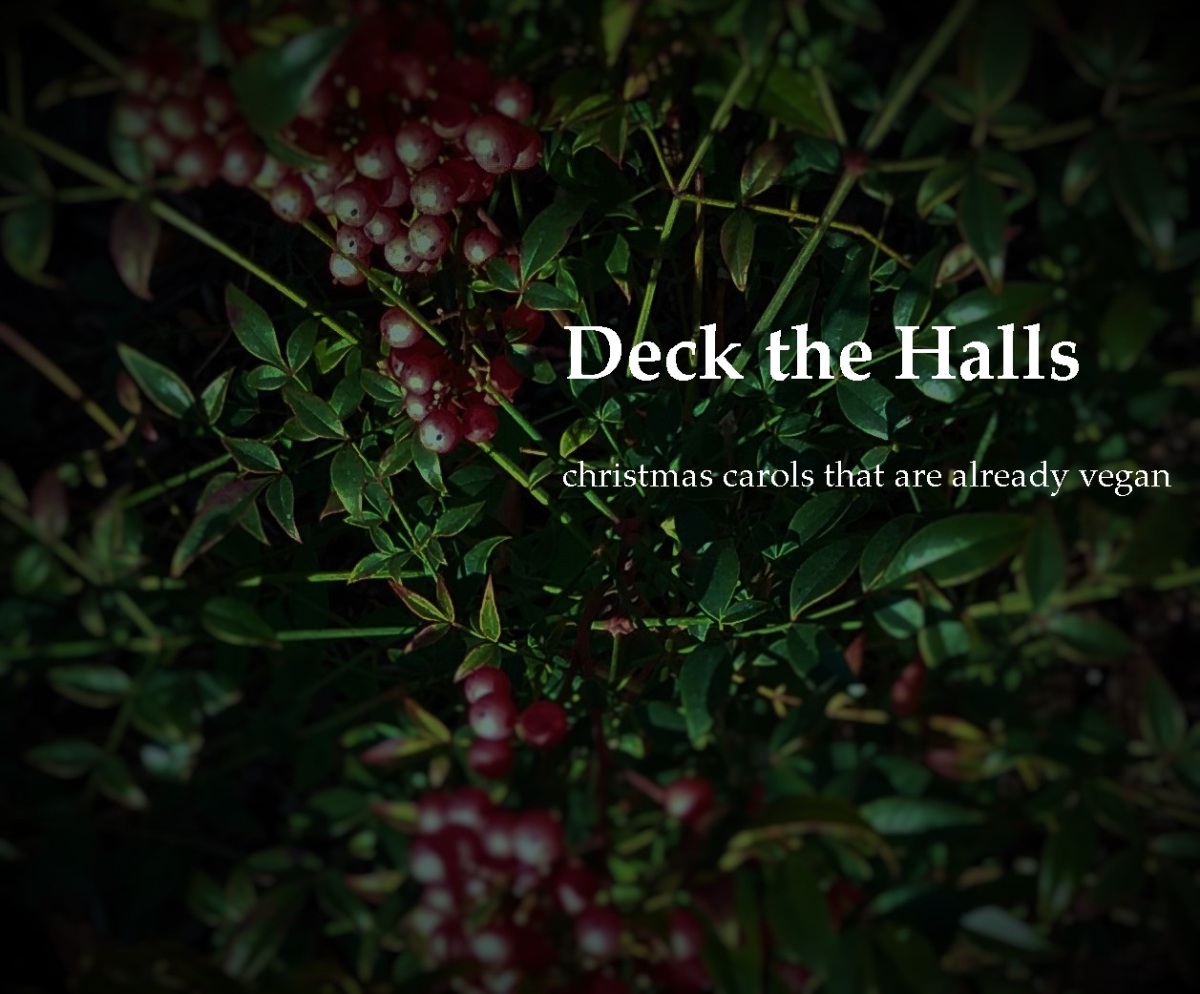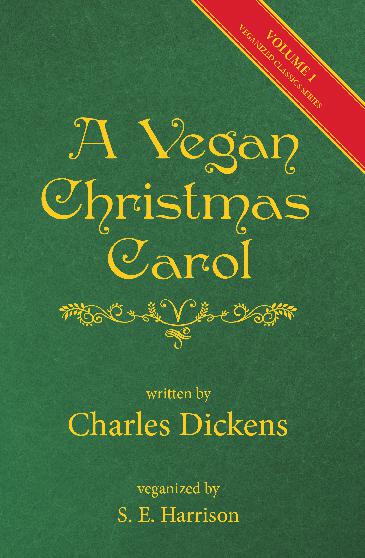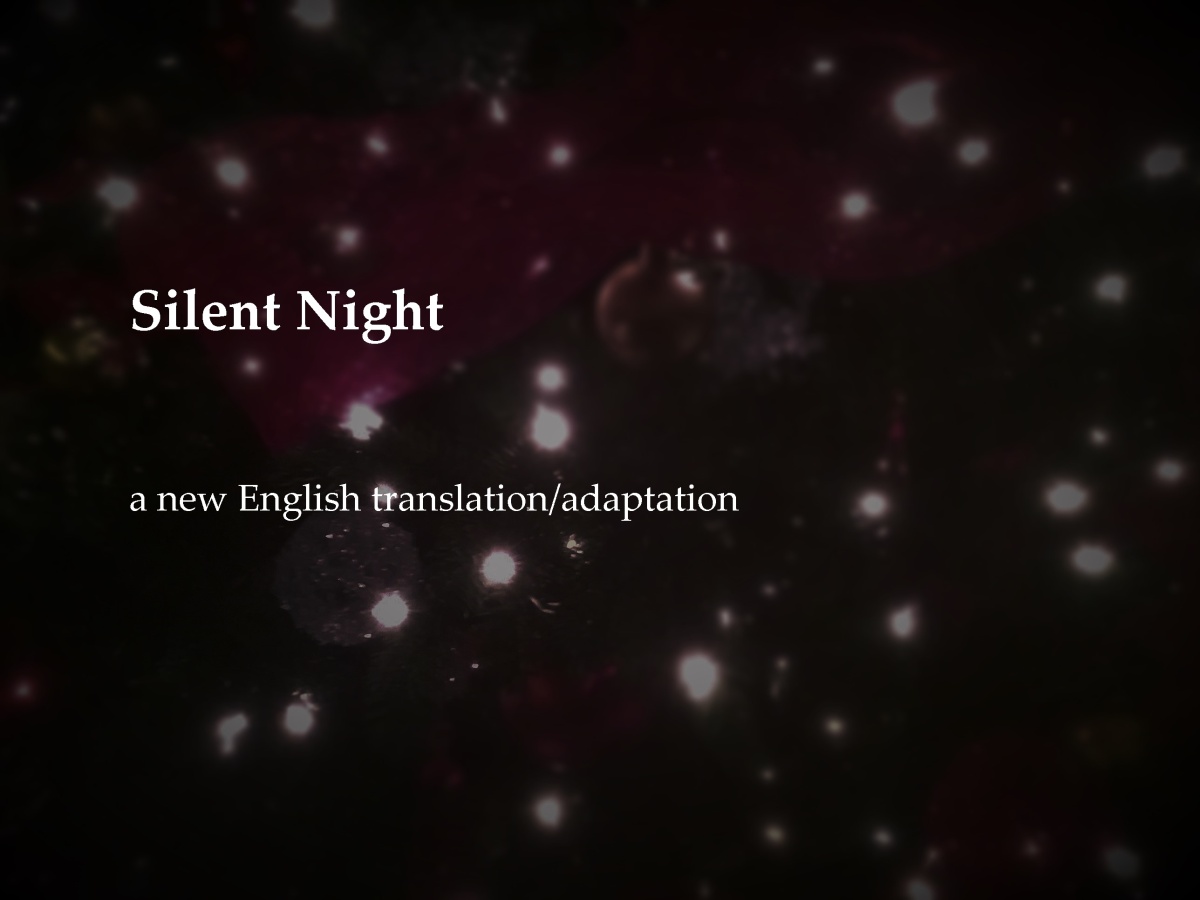Glorifying violence is not an inherent part of the Christmas holiday season. Just as formerly non-vegan dishes can be veganized, hymns and songs can be veganized when need be.
Many famous Christmas songs are, in their basic and most popular form, free from any form of express depictions of animal abuse. Where a term is ambiguous—e.g., referring to a product that has a vegan form and a non-vegan form—the ambiguous term need not be veganized. The term can simply be understood in its nonviolent form.
A song that includes such an ambiguous term is “We Wish You a Merry Christmas.” The verses refer to “figgy pudding,” which can be made in a non-vegan fashion but which can also be made fully vegan. Thus, this Christmas carol can be sung as-is without the need for veganizing. Enjoy!
We Wish You a Merry Christmas
We wish you a merry Christmas,
We wish you a merry Christmas,
We wish you a merry Christmas
And a happy New Year.
Good tidings we bring
To you and your kin;
We wish you a merry Christmas
And a happy New Year!
Verse 2:
Oh, bring us some figgy pudding,
Oh, bring us some figgy pudding,
Oh, bring us some figgy pudding,
And bring it right here.
Good tidings we bring
To you and your kin;
We wish you a merry Christmas
And a happy New Year!
Verse 3:
We won’t go till we get some,
We won’t go till we get some,
We won’t go till we get some,
So bring it right here.
Good tidings we bring
To you and your kin;
We wish you a merry Christmas
And a happy New Year!
Verse 4:
We all like our figgy pudding,
We all like our figgy pudding,
We all like our figgy pudding,
With all its good cheers
Good tidings we bring
To you and your kin
We wish you a merry Christmas
And a happy New Year.
We wish you a merry Christmas
We wish you a merry Christmas
We wish you a merry Christmas
And a happy New Year!






